
Planting Justice in Taos for the Growing Food and Justice For All Gathering!!
—by Haleh Zandi—
This month, eight Planting Justice staff drove across the Southwest to Taos, New Mexico for the Growing Food and Justice For All Gathering (GFJI). GFJI is aimed at dismantling racism and empowering low-income and communities of color through sustainable and local agriculture. Food is Medicine, Water is Life!
We are truly inspired by the naturally built and beautiful Taos Pueblo – considered to be the oldest continuously inhabited community in the US – for the past 1,000 years! Let’s build more hornos for our community! And it was cool to see the many different approaches to natural building like the earth ships!
Everyone enjoyed the natural hot springs – in the sunlight and moonlight. If you ever need a place to stay in Taos, check out the Abominable Snow Mansion Hostel, the staff are serving breakfast and dinner with lots of veggies from their own garden!
—–Black Rock Hot Springs—–
It was an honor to be hosted by the Taos County Economic Development Corporation (TCEDC). For the past 27 years, founders Pati Martinson & Terrie Bad Hand have successfully provided value-added and educational opportunities for the community that supports and protects the environment of this unique valley. Particularly memorable is their Mobile Matanza – a truck that offers inspection at every stage of animal processing which allows small and local livestock growers to increase income through commercial sale of meat. Every meal that was served lovingly by their staff was a blessing.
My favorite workshop, led by Kay Cuajunco and Navina Khanna, focused on storytelling and strategizing around the history of Asian American organizing in the food movement. Together, we created a timeline that started in 1903 when Japanese and Mexican laborers unified to achieve their labor goals by declaring a strike during a precarious time in the sugar beet season (when the work of thinning the seedlings needed to be done within the scope of a few weeks).
We took many lessons from Owingeh Ta – Pueblos y Semillas – Communities and Seeds, where Pilar Trujillo and Tewa Women United shared about their annual seed ceremony and exchanges. We must all collectively work to save, share, and protect seeds in the hope that future generations can continue to grow healthy, safe, and culturally meaningful foods. THE DECLARATION FOR SEED SOVEREIGNTY.
Salvador was spreading his knowledge at the traditional adobe-making workshop from his experience building cob ovens and benches with Planting Justice’s Transform Your Yard team. It was fun to process dried gourds together to use for seed saving, music making, and drinking teas. Karen Washington and Owen Taylor facilitated a workshop titled “Tools and Tactics for Neighborhood Land Sovereignty and Systemic Change”.
—Salvador Mateo!—
The workshop we facilitated, “Compost the Empire: Inter-Media Co-Creation to Dismantle Multiple Oppressions through Food Systems Change”, provided an opportunity for us to explore the ways in which we use visionary/spiritual activism in our work at Planting Justice. It culminated in a ‘love explosion’ of musicians playing, artists displaying, dancers moving, and poets speaking out.
In preparation for our workshop in Taos, Marcelo, May and I drew images and invoked quotes from Grace Lee Boggs, Martin Luther King, Jr., Gloria Anzaldúa, and Winona La Duke.
Grace Lee Boggs asks us to “reconceptualize the meaning and purpose of Work in a society that is becoming increasingly jobless.” As Boggs elaborates: Work comes from inside out; work is an expression of our soul, our inner being. It is unique to the individual; it is creative. Work is an expression of the Spirit at work in the world through us. Work is that which puts us in touch with others, not so much at the level of personal interaction, but at the level of service in the community. Work is not just about getting paid. Indeed, so much Work in our culture is not paid at all, for example, raising children, cooking meals at home, organizing youth activities, singing in the choir, repairing one’s home, cleaning up one’s neighborhood, listening to a neighbor or friend who has undergone trauma, tending a garden, planting trees, or creating rituals that heal and celebrate.”
Martin Luther King declared “I have the audacity to believe that peoples everywhere can have three meals a day for their bodies, education and culture for their minds, and dignity, equality, and freedom for their spirits. I believe that what self-centered men have torn down, other-centered men can build up.”
In the words of Gloria Anzaldúa “The struggle has always been inner, and is played out in the outer terrains. Awareness of our situation must come before inner changes, which in turn come before changes in society. Nothing happens in the ‘real’ world unless it first happens in the images in our heads.”
—baby Azadeh!—
Winona La Duke reminds us “The recovery of the people is tied to the recovery of food, since food itself is medicine: not only for the body, but for the soul, for the spiritual connection to history, ancestors, and the land.” Lucky us! Winona La Duke came to Taos! We all sat under a large white tent after soaking up all these experiences, and she talked with us about her life at White Earth and our need to reclaim our rights and honor this land in the face of both fracking and the Keystone Pipeline. Returning home, we continue to work towards a more just and sustainable environment for all communities, because Mother Earth knows no borders from Oakland to the Middle East.
We give thanks to Dona Yahola for holding our Grandmother Moon ceremony and to Ben Yahola and the men for keeping the Fire alive. It was beautiful to be apart of the opening and closing ceremonies with the Taos Pueblo People. Erika and Will Allen are a powerful force for food and economic justice. Please join us next year – http://www.growingpower.org/.
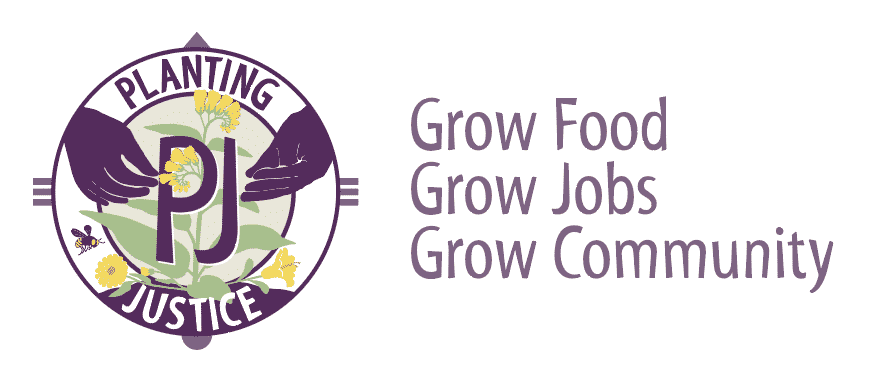
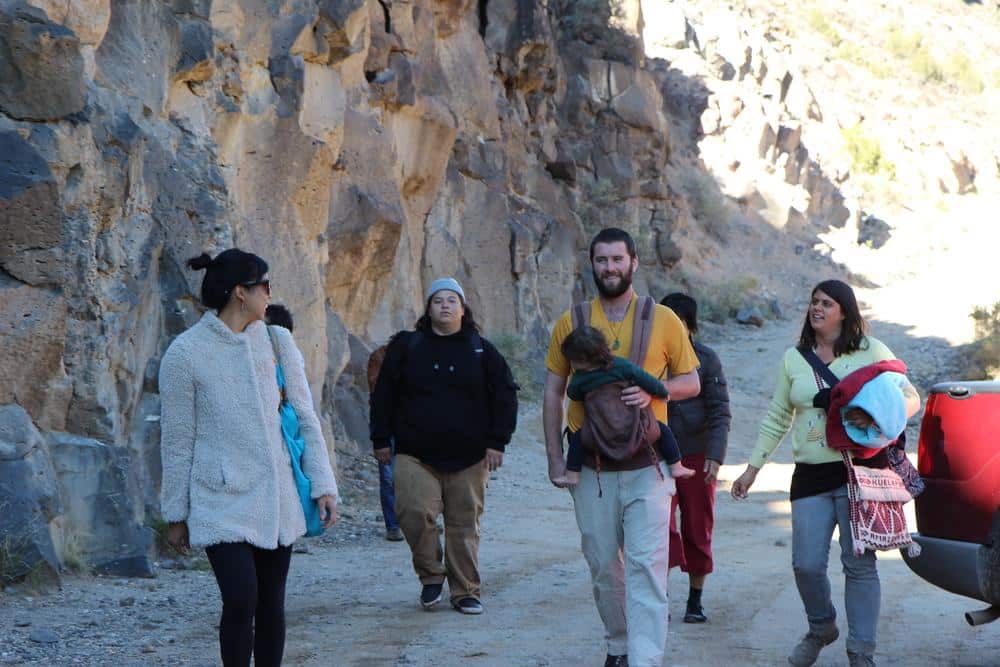
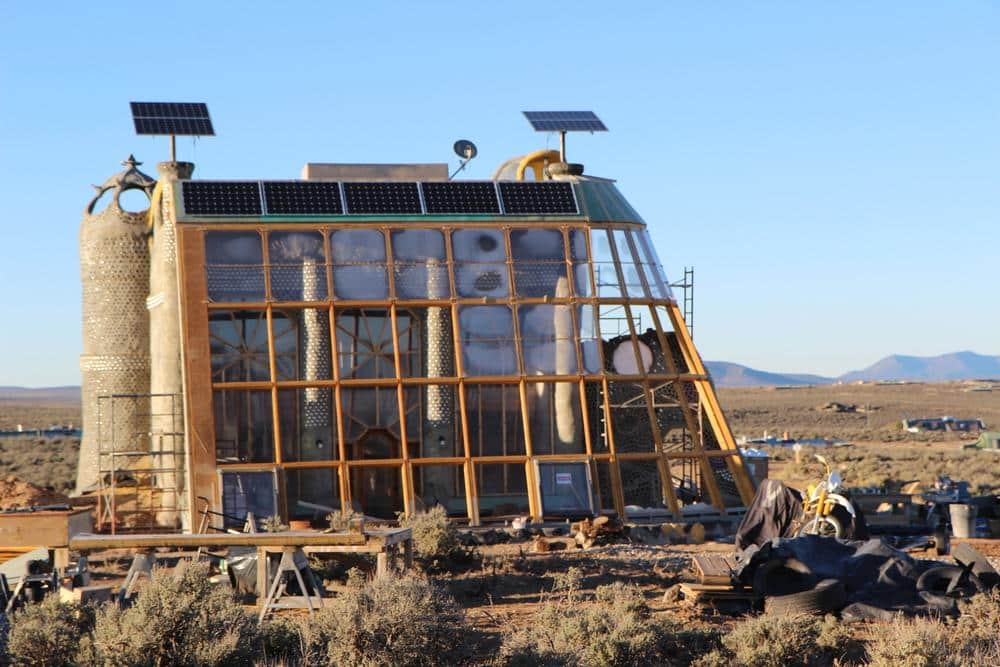
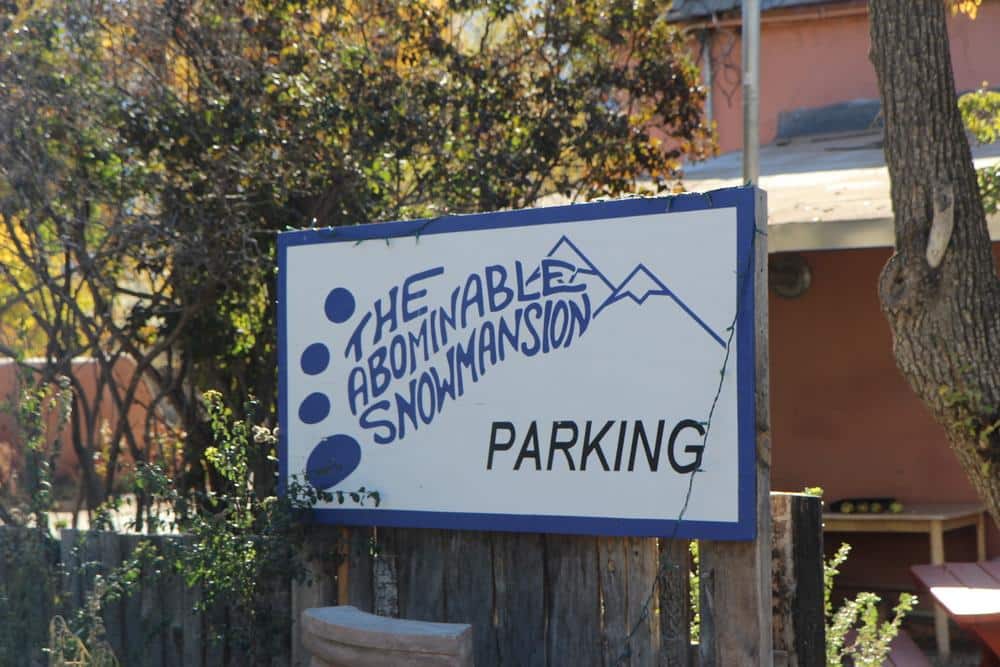
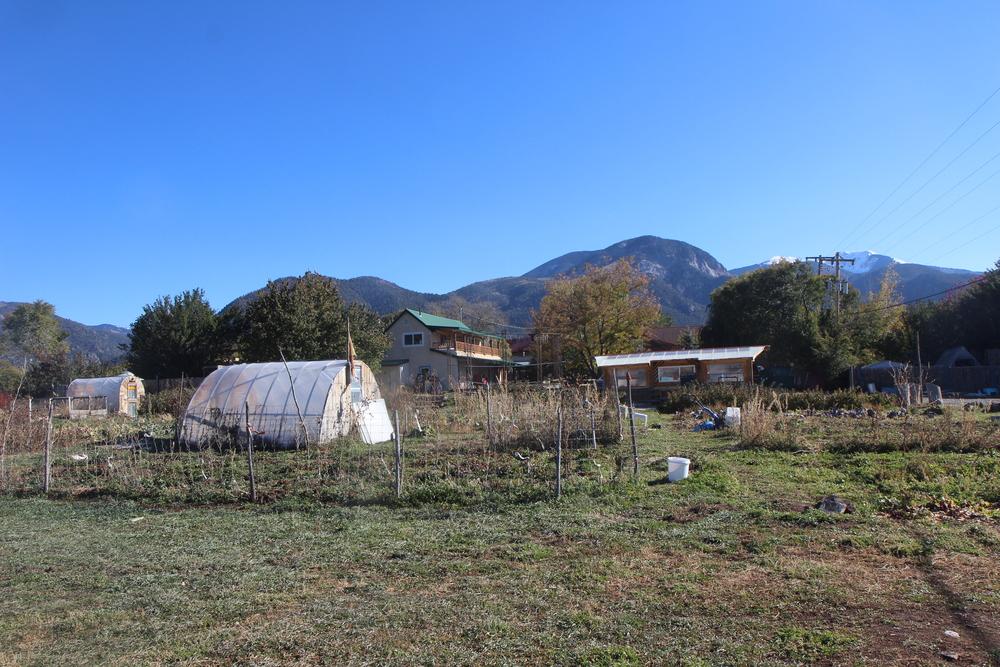
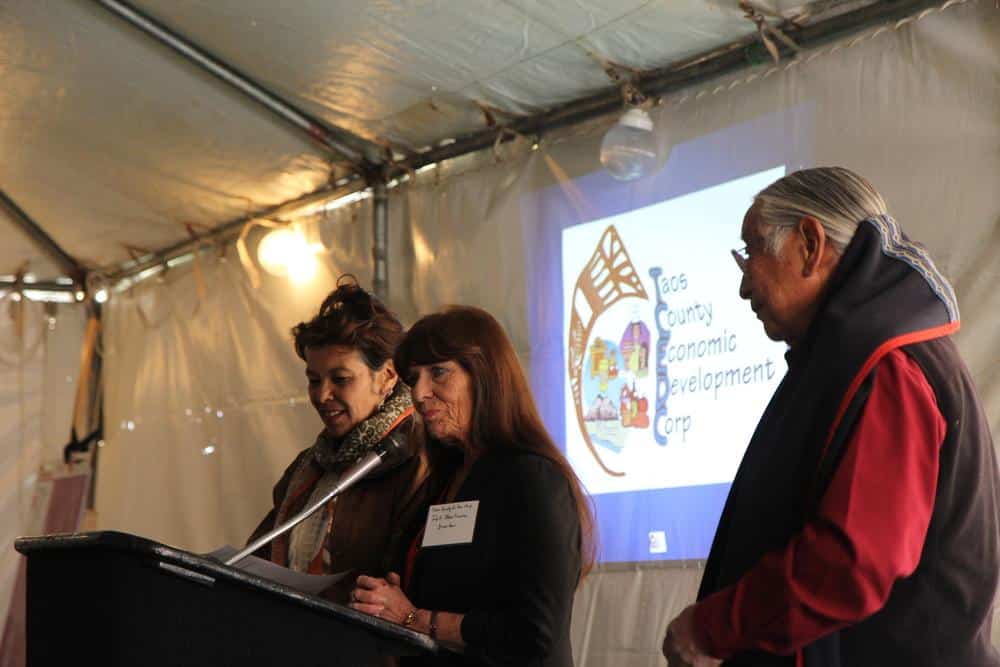
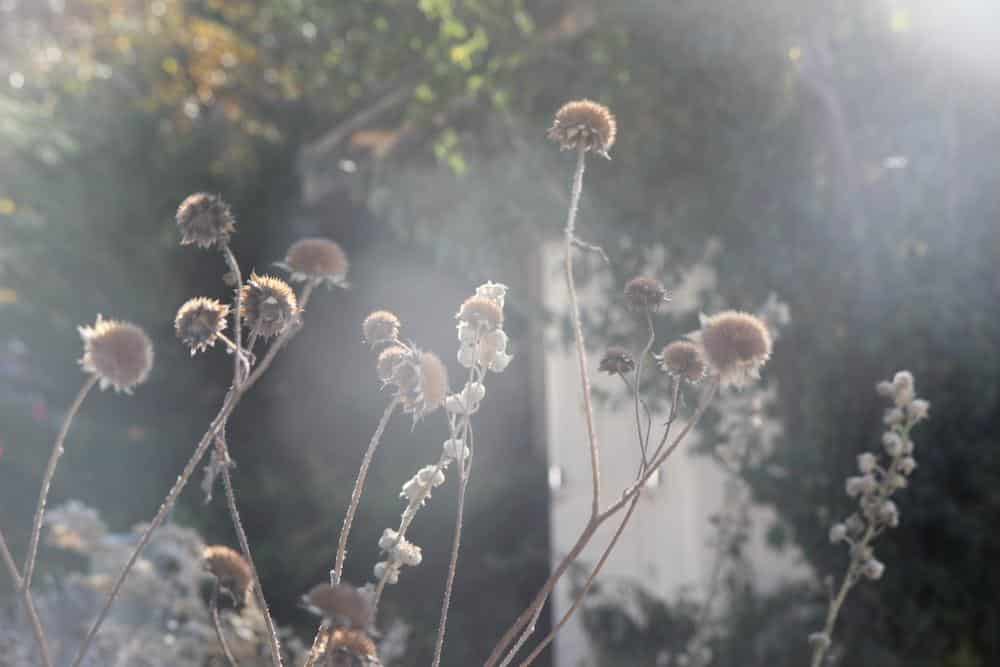
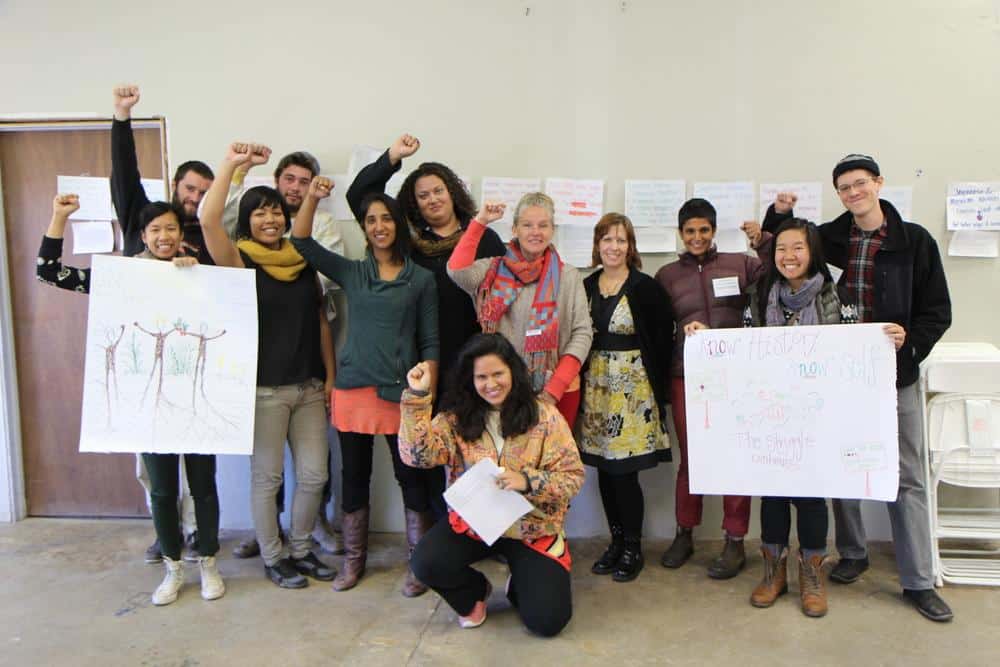
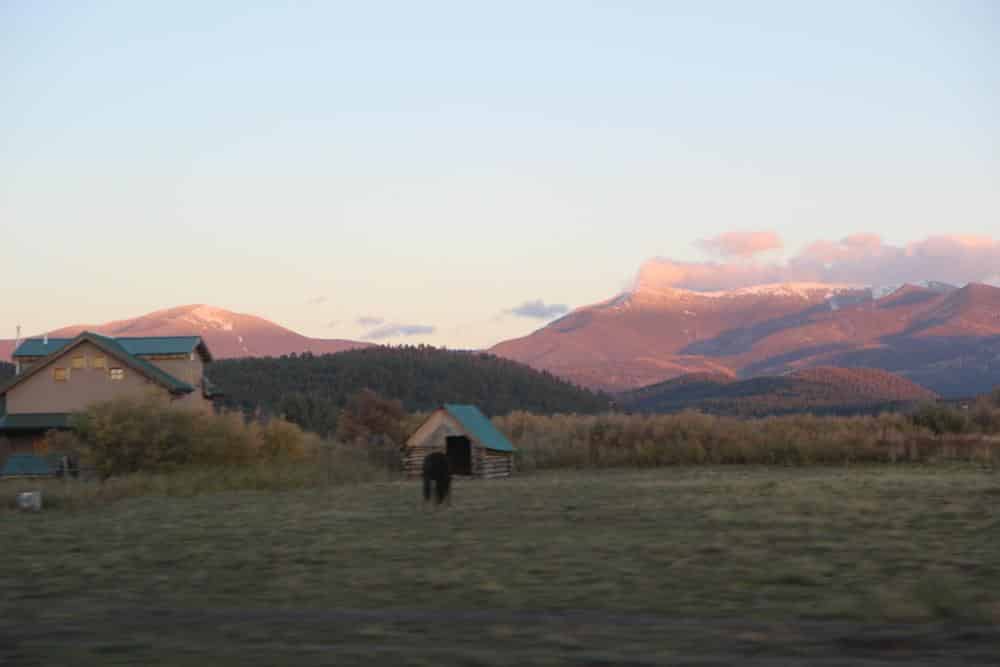
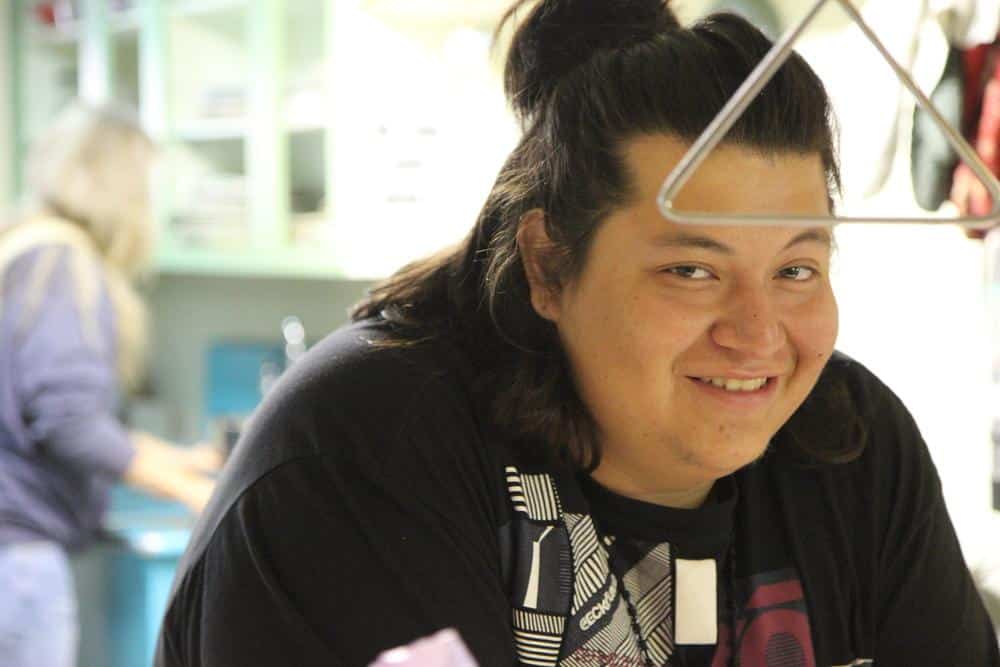






0 Comments